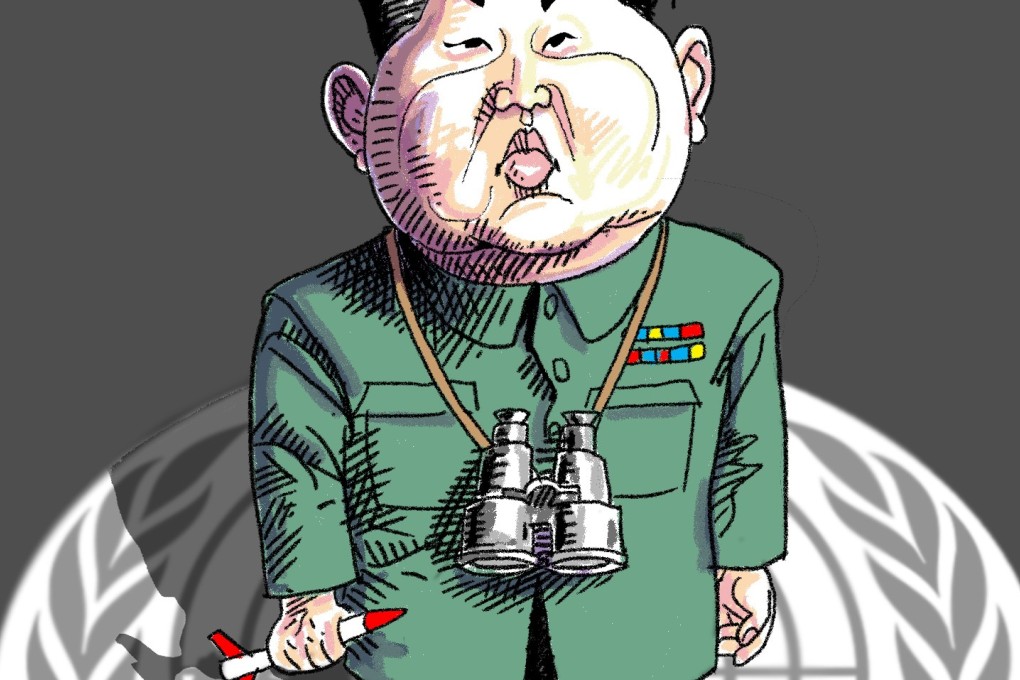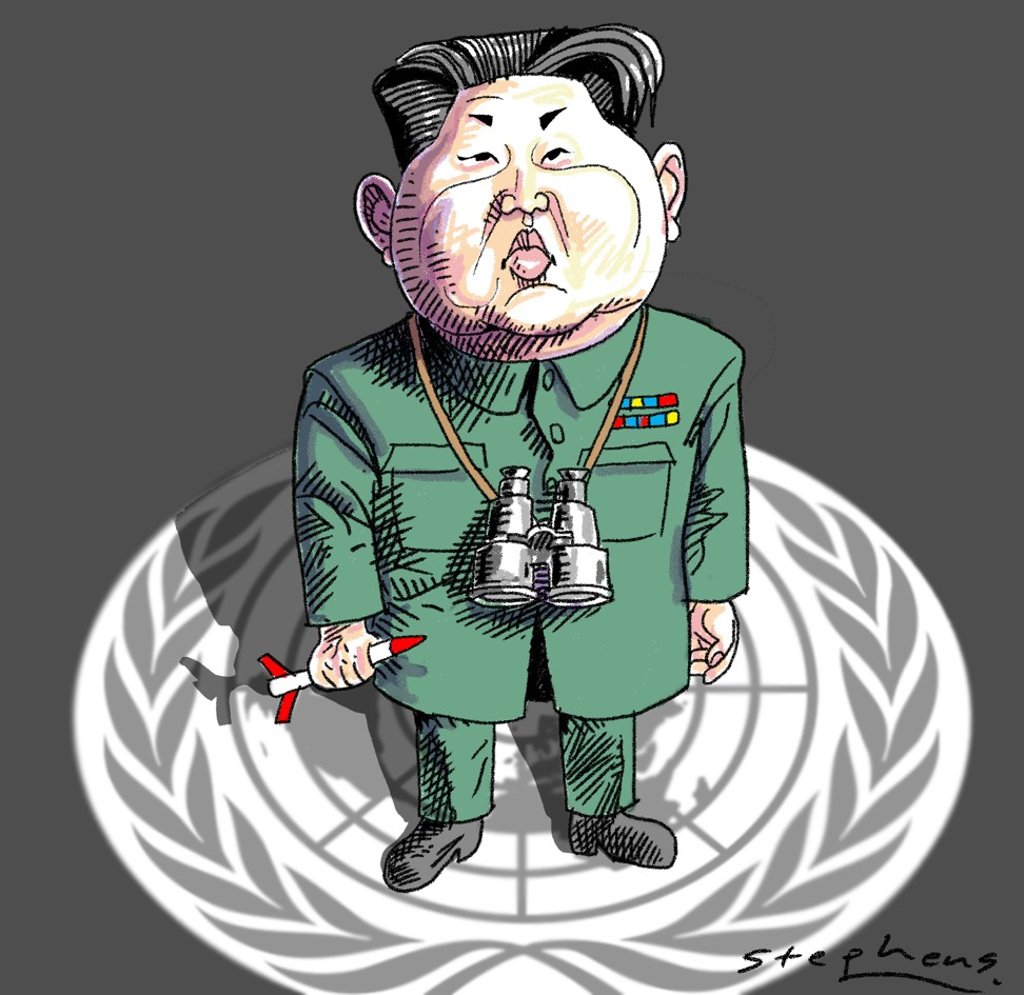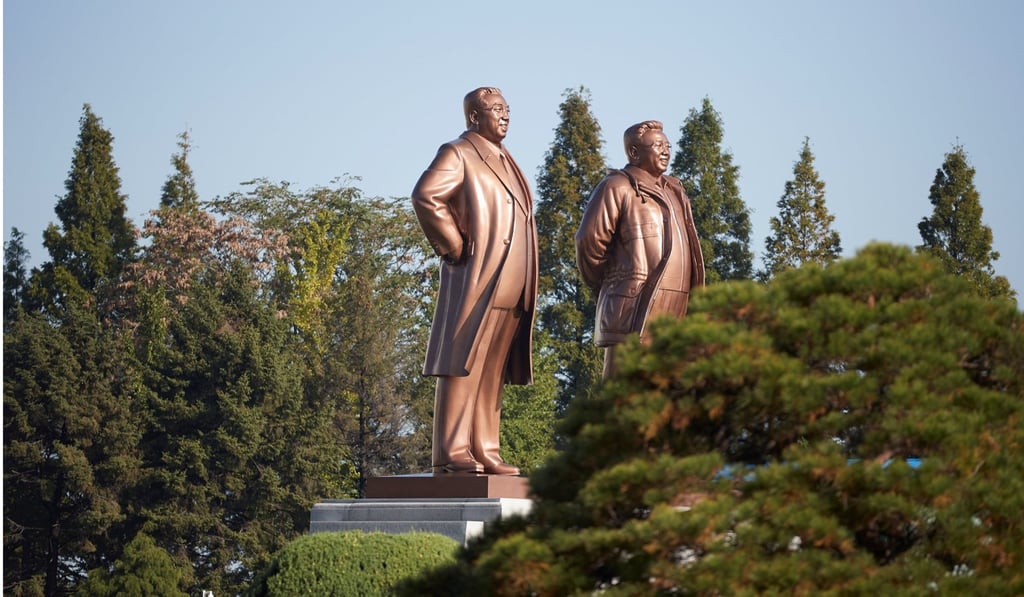Advertisement
UN-led multilateral talks offer the best hope for peace in Korea
Charles K. Armstrong and John Barry Kotch say the UN has been a central player in Korean affairs since 1948, and the major powers that are the permanent members of its Security Council have experience in brokering the Iran nuclear deal. Its intervention in the current stand-off between North Korea and the US is sorely needed
Reading Time:4 minutes
Why you can trust SCMP


Advertisement
Contradictory statements from Trump administration officials, including the president himself, are undermining Washington’s capacity to credibly conduct negotiations. Meanwhile, belligerent name-calling on both sides is only making matters worse by increasing the possibility of miscalculation, leading to a catastrophic conflict. That’s why establishing a direct channel of communication is vital, and US Secretary of State Rex Tillerson’s revelation in this regard should be applauded, not derided as “a waste of time” in ill-timed presidential tweets.
A war of words: Kim vs Trump
Kim Jong-un may be banking on a US military strike to ensure his survival
Negotiations are another matter. While Kim Jong-un may actually be providing the predicate for future negotiations by vowing “equilibrium” with the US – a goal he probably believes is coming closer to realisation with each additional nuclear and missile test of increasing power and range – they should be conducted on a multilateral basis.
Preventing another Korean conflict requires a fully engaged diplomatic effort in the Security Council
Although Washington and Pyongyang are the key players in this high-stakes stand-off, other parties, notably the United Nations Security Council’s permanent members (China, Russia, Britain and France in addition to the US, known as the P5) could facilitate a negotiated solution to the crisis by playing a more engaged role. After all, the P5 has a track record of success in reaching a nuclear accord with Iran while the bilateral channel has repeatedly come up short.
Council deliberations would also greatly benefit from a clear Sino-American understanding on Korea’s political future. Such an understanding is, according to Henry Kissinger, “the essential prerequisite for denuclearising Korea” and defusing the nuclear crisis.
The UN has been a central player on the “Korean question” from the outset, overseeing the 1948 elections that led to the creation of the Republic of Korea, albeit at the price of ratifying Korean division, while the UN Security Council authorised the use of force in 1950 to repel North Korean “aggression” under the UN flag. Today, the UN Command remains a signatory to the Korean Armistice Agreement, functioning as a guarantor of peace and security on the peninsula.
Dear Trump, North Korea tortured me but please don’t attack it

Advertisement

Advertisement